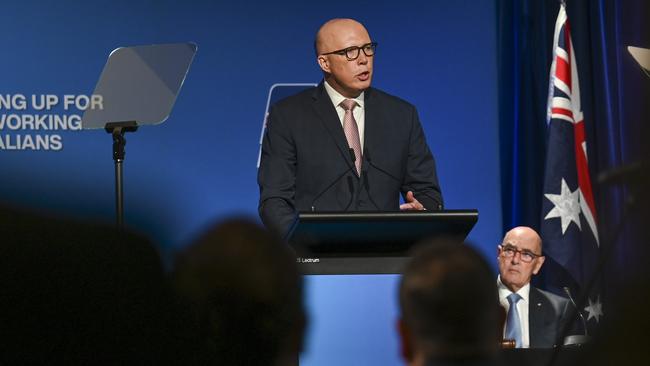
The dispute over the Indigenous voice is vital in its own right. But it is also a template for changes in our political culture revealed at the 2022 election, with the alienation of the nation’s high-income professional and corporate classes from the Coalition parties.
Anybody who thought this was a passing phenomenon or just a response to Scott Morrison should be disabused by now. This fracture is deep and getting deeper. It is driven by rival principles and different visions for Australia.
While this is an immediate problem for the Liberal Party, given its loss of former safe seats to the teals, it will also have consequences for corporate Australia. The debate over the voice puts on display a startling insight – the extent of shared cultural values now held in common by the nation’s corporate, educational and institutional leaders, a function of progressive norms and the politicisation of most forms of behaviour.
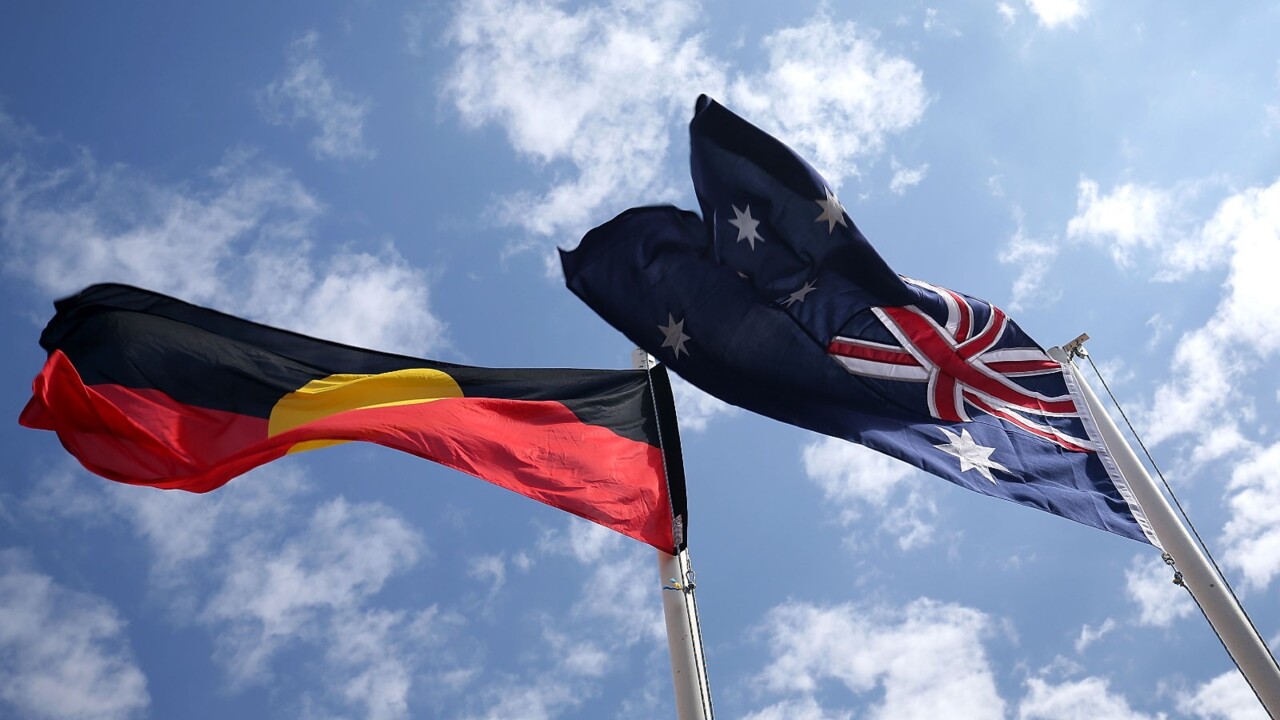
It is salutary to recall that Sir Robert Menzies conceived the Liberal Party as the party of people who lacked power – the “Forgotten People” were neither rich nor influential, lacking support from a trade union or big business. In the mythology they were the hardworking, unorganised, unrecognised people who were “the backbone of the nation”.
There’s that word again: backbone. Is it an accident that Dutton used that word given corporate support for the voice? Surely not. He is accusing corporate Australia of assuming to itself a moralism and parading virtue decoupled from the backbone of the nation. This is a big call. But Dutton feels he has little to lose. And there’s another prospect: might this alliance of elite power behind the Yes case lose the referendum?
After the 2022 election defeat Dutton said he wanted a “cordial” relationship with big business but “a lot of CEOs are closer to the other parties and out of the Liberal Party”. This gulf between the Liberals and big corporates is not driven by divergent interests, though that’s a factor – it is driven by rival values. That’s more important and enduring. The common ground on economic issues between the Liberals and big corporates is declining but the cultural differences are closer to outright conflict. This situation is replicated across the English-speaking democracies.
The accumulation of money and institutional power for the Yes case will reach a scale probably unmatched in this country. It will be an extraordinary alliance of elites – in coalition with Indigenous leaders who seek a better way for their peoples – with Indigenous Australians Minister Linda Burney applauding corporate Australia for support so central to the campaign.
Dutton is frustrated by corporates campaigning for social issues. The Liberals need to get over this. The same-sex marriage debate and the voice testify to a changed world. The idea of companies, institutions and professional associations remaining neutral on pivotal issues is dying.
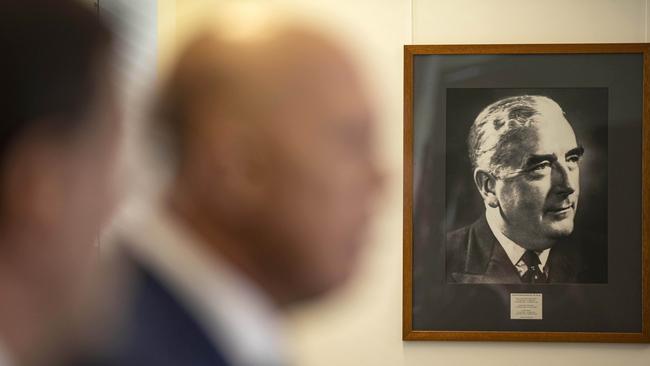
Everything is politicised because that is now seen as a statement of values and morality. The evidence is that staff want their companies to take a stand, a function of winner-take-all internal democracy.
On the economy, the world is also transformed. Corporate Australia and the Liberal Party have lost confidence in each other. The Liberals complain that big business didn’t support their economic reforms in office. But big business asks: what reforms? Where were the big tax reforms, industrial relations changes, corporate tax cuts to revive investment?
The days of corporations being naturally aligned with the Liberals are gone. So are the days of big business exclusively funding the Liberals. Dutton has long since known that. Is that a problem? Yes, but the problem is far wider and relates more to the alienation of the professional class from the Liberals, an issue that, unless repaired, could prevent the Liberals from governing again.
The voice looms as the immediate test case for corporates seeking to change the country. They are head-to-head against the Dutton Liberals. The Australian Financial Review on June 15 published a survey of the current top 20 ASX companies showing 14 support the voice, five have no position and one opposes the voice. On June 16 there was an exclusive Reuters poll of Australia’s 30 largest listed companies finding that seven of the top 10 with a combined market value of $830bn endorsed the voice. Five were planning to fund the Yes campaign. None endorsed or was contributing to the No side.
The Business Council of Australia formally supports the voice. The companies saying they support the voice include BHP, Rio Tinto, Wesfarmers, Telstra, Transurban, Commonwealth Bank, Westpac, ANZ, National Australia Bank, Woodside, Coles, Woolworths and Newcrest Mining.
Foundations and philanthropists are providing funds, with a joint $17m announcement in April. The Ramsay Foundation has provided $5m. BHP, Rio and Wesfarmers have donated $2m each, suggesting a benchmark of sorts. The looming advertising campaign is predicted to be vast.
Yet 50 per cent of the Australian people seem to reject the voice. Is there one senior corporate leader who opposes the voice? Or one educational or institutional leader or one prominent foundation? Has there ever been in Australia’s history such an accumulation of power and elites for a proposal that about half the population seems to oppose?
This is a highly undesirable situation. It is early days but a large-scale fracture looms between elites with the power and Dutton’s version of the people devoid of power. The exception, of course, is that the issue affects Indigenous people and that includes some of the most powerless in the country.
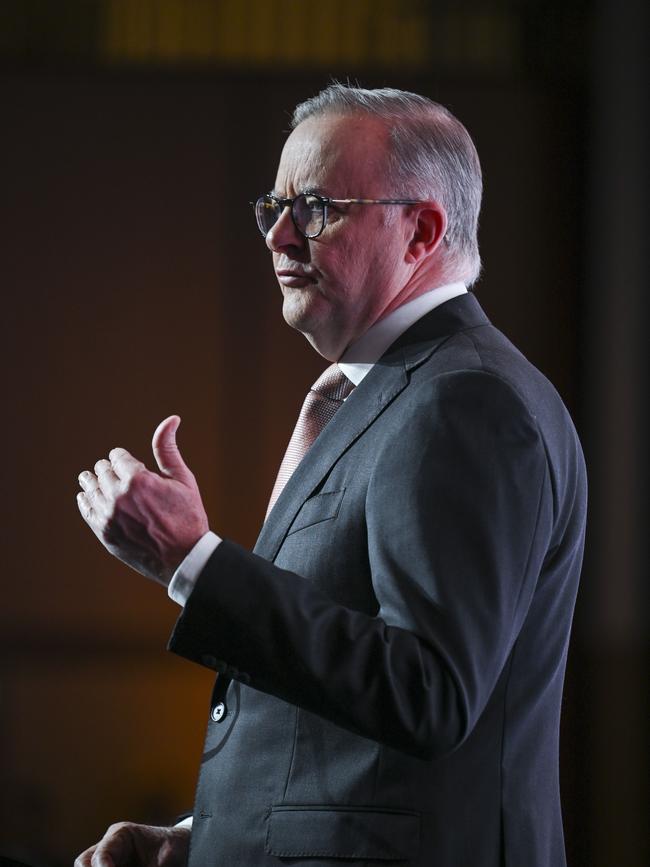
Most spokespeople for these companies explain their support in terms of reconciliation and recognition. Yet this misses the point. This referendum is about the voice – putting a group rights political body into a new chapter of the Constitution and vesting that body with virtually unlimited power to make representations on Indigenous issues and issues of general community concern, a power given to one section of the community due to their ancestry.
This is a radical proposal that changes core principles in our constitution and governance. That it is supported by the bulk of corporate Australia is an extraordinary situation. It is obvious that most corporates don’t want to engage in debate about the voice. They want kudos from their support but dodge accountability from their partisanship in this conflict of principles.
Given the funds and influence the Yes case can mobilise, it has every reason to feel confident. The polls, however, suggest something else – that people are unpersuaded and resent being told how to vote.
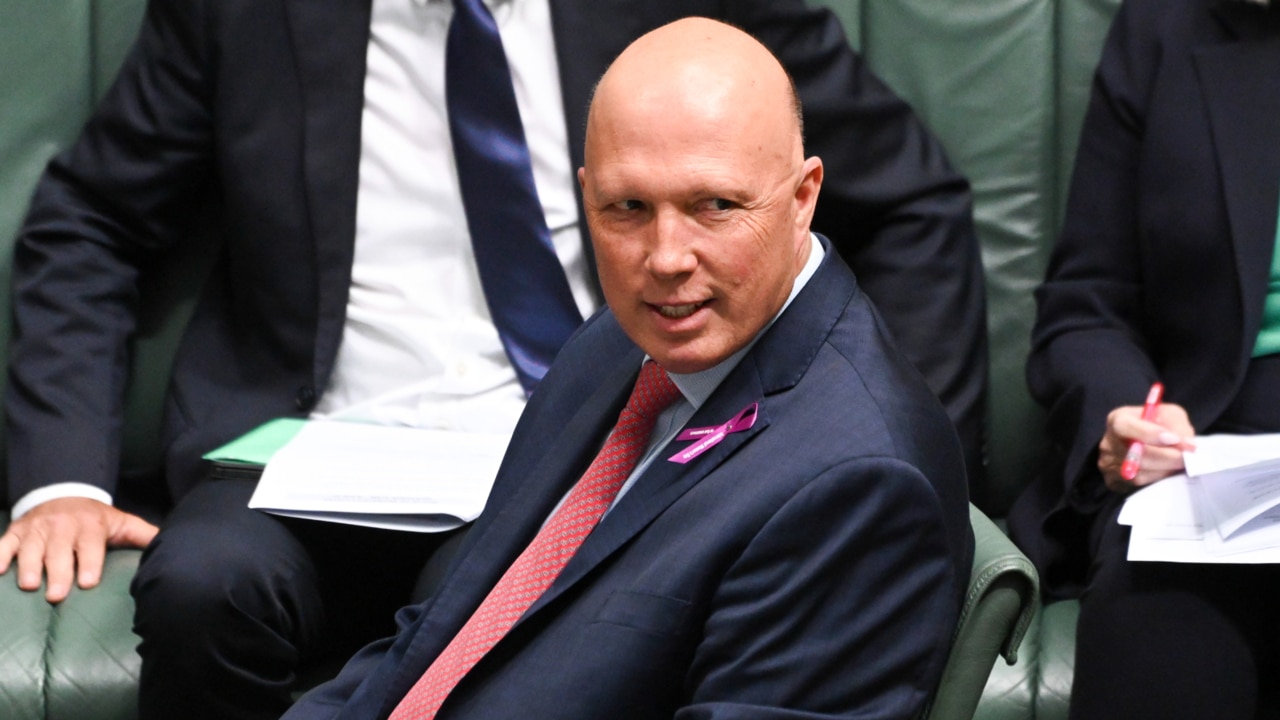
The No side and the public are being lectured in a manner redolent of ecclesiastical authorities issuing edicts to unruly subjects – vote Yes to prove your maturity and morality, to save your nation’s reputation and please, stop running on Trump-type disinformation. There seems no limit to the patronising hyperbole. How will the Australian people respond to these insults?
Will big business support make any difference? Hard to tell but maybe not. Each company is different but so much seems tokenistic. Some companies are responding to the Indigenous people they employ; others are merely promoting their self-image. Any defeat for the voice will expose their folly.
The Liberals under Dutton are moving to a transactional relationship with big business. It will be sorted issue by issue. Senior Liberals see corporate Australia moving into the long progressive embrace – it means more distant ties and greater unhappiness for both sides.





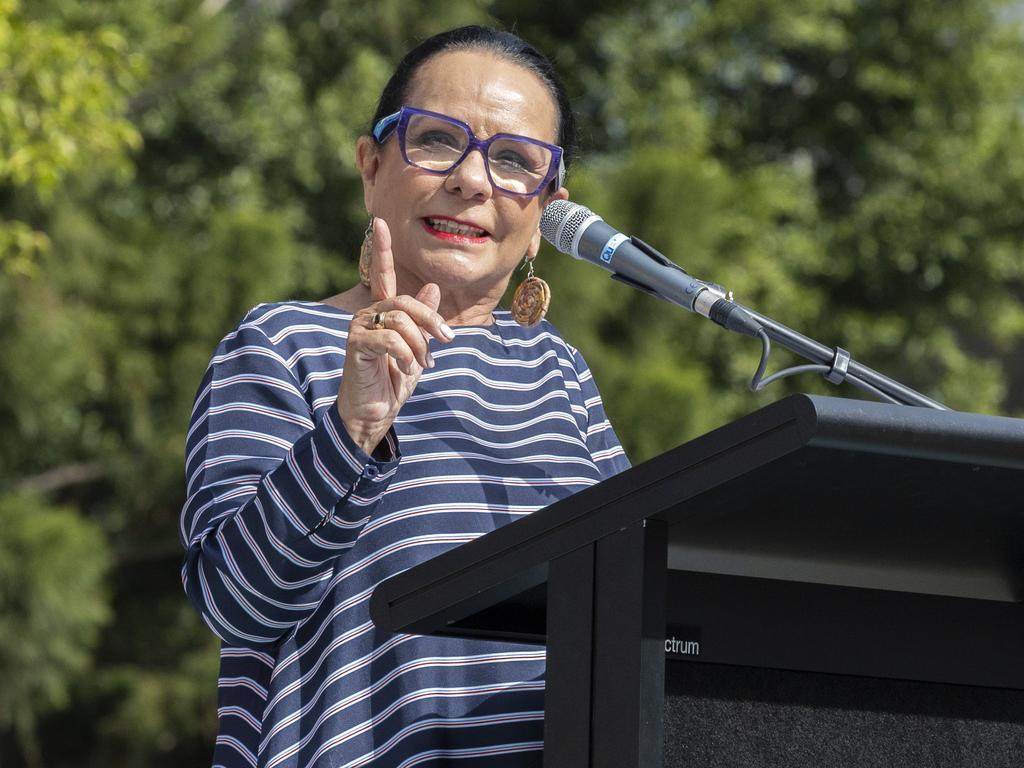


Liberal leader Peter Dutton’s attack on Australian corporates for lacking a “significant backbone” and failing to respect community views, and implying they are guilty of hypocritical behaviour, confirms the entrenched split over values between the Liberals and business.